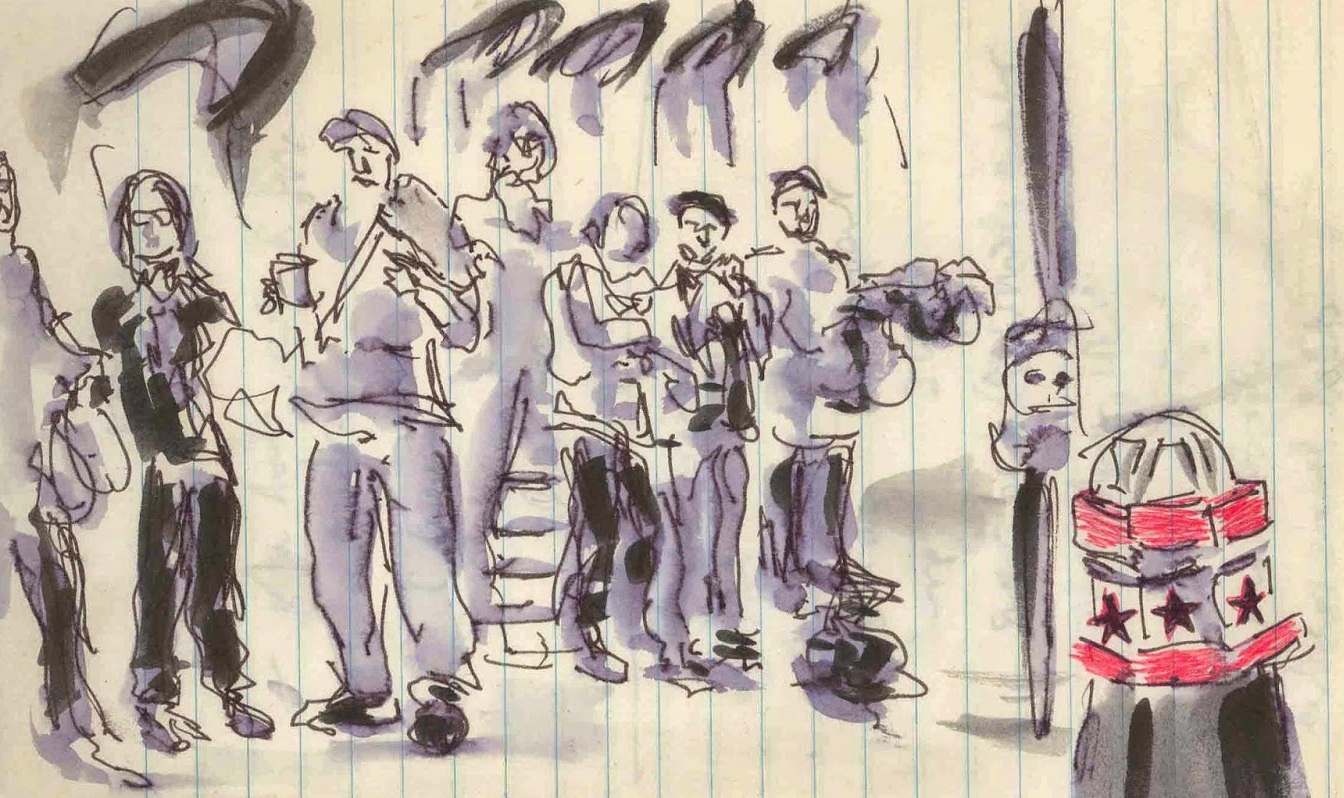The hidden harm of virtual justice: how it affects the lawyer-client relationship
The white heat of technology is always alluring. In the case of virtual courts (where parties participate on video or telephone), the promise is of eliminating the need for anyone to travel to court, thus saving time and, in the case of prisoners, discomfort. Nowadays many cases are delayed because the van from prison is late delivering prisoners to court. With the advance of virtual courts, all those problems would be eliminated and lawyers could just pick up the phone or their tablet from the office to take part in any hearing.
The sunny uplands of digital justice seem very pleasant, but what impact might they have on the lawyer –client relationship? New research from Transform Justice suggests that the impact of virtual justice on this relationship is profound.
In the traditional court set-up, all the parties meet at the court. If the defendant is in the cells, the lawyer will go down to the cells to discuss the case before going into court. There is no time proscribed for the consultation. Before and after the consultation the lawyer will check in with the usher to let them know exactly when they are ready to go into court. There is flexibility – if the lawyer has never met the client before, if it’s a complicated case, or if the client appears to have a disability, the lawyer can talk to their client for longer and, in some cases, call for support.
Quite often, a lawyer may meet a client for the first time in the cells. The challenge is to develop a trusting relationship in stressful conditions and in a relatively short time.
Imagine how much greater the challenge if the client you meet for the first time is on a video screen and your first meeting is restricted to a maximum of 15 minutes. In this time you have to introduce yourself, get the client to introduce themselves, tell the client what their rights are, find out the story behind the alleged crime, work out what to advise in terms of plea and, if guilty, what the mitigation might be. Lawyers are asked to do this in 10-15 minutes. If the client needs an interpreter, the consultation is still only 15 minutes
‘Defendants do not concentrate, listen or understand or wish to act on advice given and do not give instructions in an as effective way as face to face. To defendants it is an unreal situation without the reality of actually being in Court and all that entails. To successfully advise a client that he ought to plead guilty is much much harder over a TV Link, especially if it is at a PTPH [preparation hearing]. The immediacy and reality of the situation is simply not there for most defendants.’
Lawyer
Defendants are also concerned that their relationship with their lawyer might be compromised. Already, as David Lammy MP recently pointed out, trust in the criminal justice system and in lawyers is fragile. If you remove the human contact in the relationship, trust is eroded. Dr Carolyn McKay of the University of Sydney has interviewed prisoners about their experience appearing on video. ‘Several prisoners mentioned that they could not even recognize their legal representative, did not know when they were “live”, or when they were being addressed by anyone in the remote court,’ she says.
Most of the lawyers who responded to Transform Justice were concerned by video justice though, as renumeration for criminal lawyers is reduced, they may be glad of the saving in travel time. The charge towards virtual justice is advancing. Already 137,495 cases are heard on video every year. The government is planning to increase the use including piloting 100% virtual courts where no-one is in a physical court-room and all are on video or telephone. Conveyor belt justice or a revolution in access? The jury is still out.












